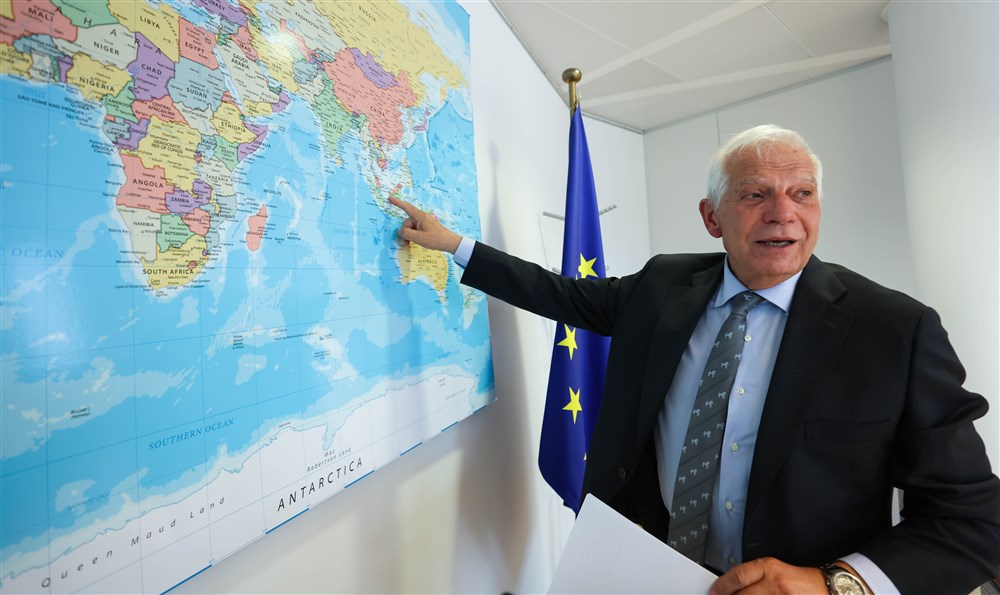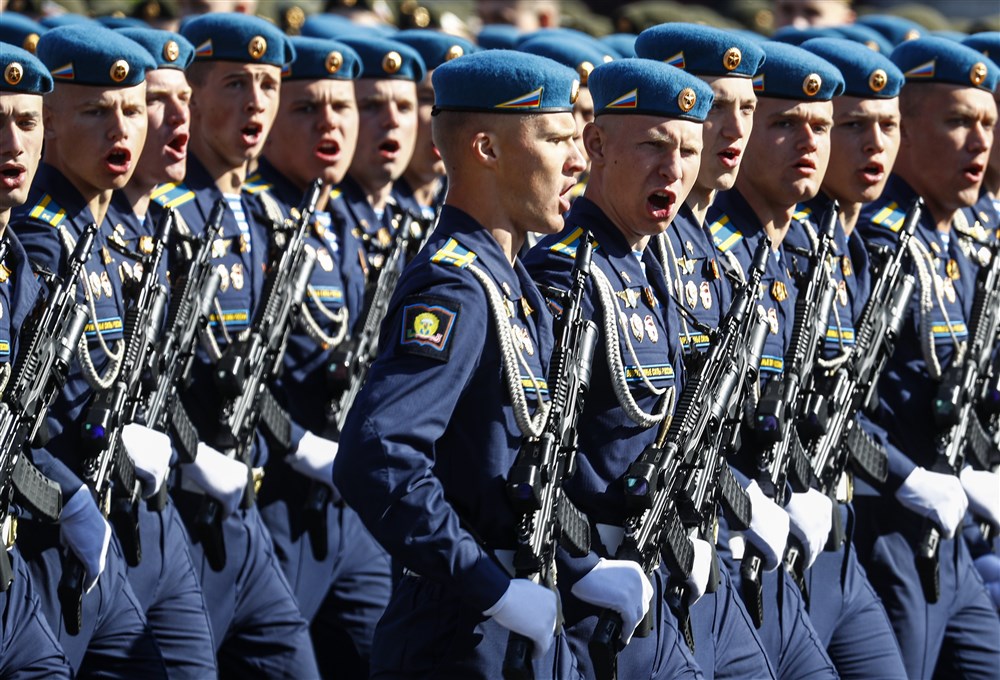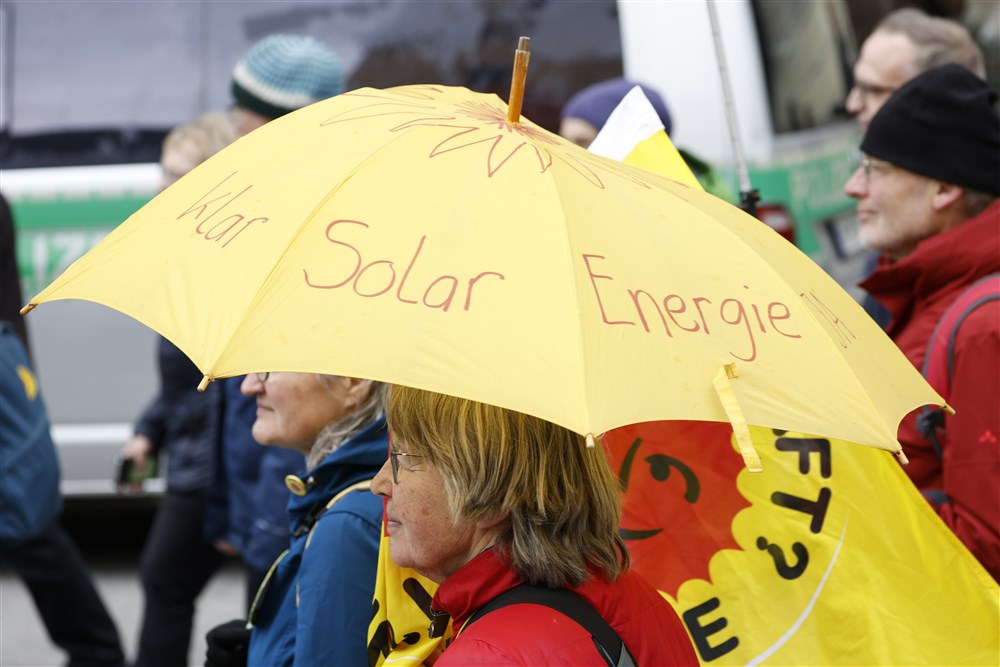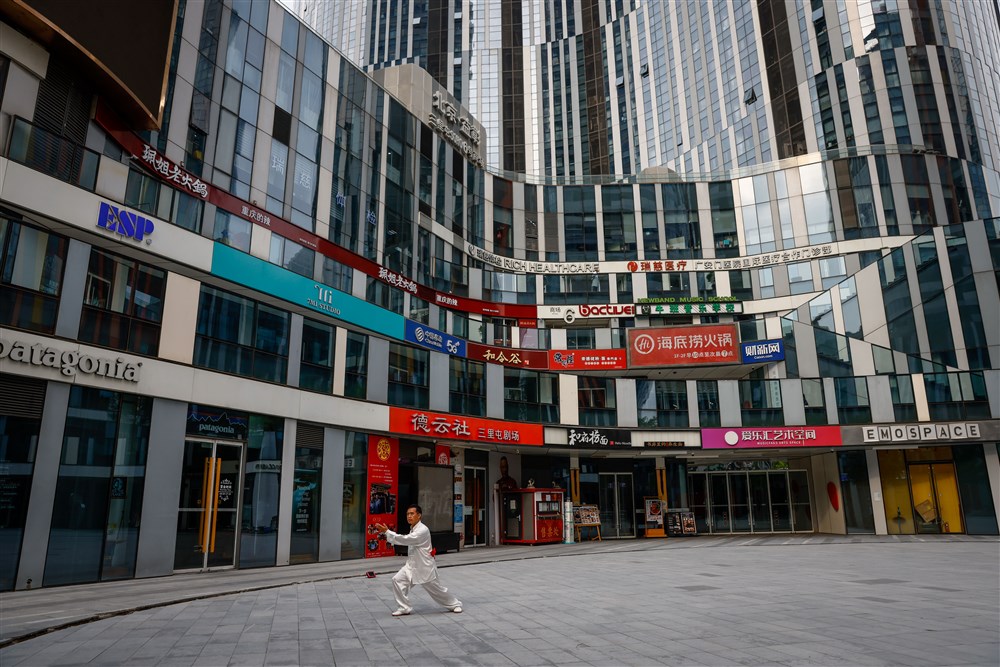There used to be an EU official whose sole job consisted of trying to convince non-EU countries to drop the death penalty.
Your correspondent met this young woman years ago in bar in Ixelles, a neighbourhood of Brussels.
When asked “How is it going?” she replied: “We have had wins and losses. Some countries have dropped the death penalty while others have introduced it.”
The mere existence of this position exemplified an attitude that has been commonplace in the EU’s contacts with the rest of the world. The diplomatic line, paraphrased, goes something like this: “We – the EU – have assembled the most civilised form of government our civilisation has ever seen, and it is in your best interests to follow our lead. The rewards will be not only social stability but economic growth”.
The EU’s track record has, after all, been impressive.
The EU and its common market, it could be argued, helped stabilise democracy in the Iberian peninsula and helped Central and Eastern Europe transition towards market-based economies that are vastly more prosperous than they were in the Soviet era (a change powered by EU structural funds that have laid down the required infrastructure).
But the policy, perhaps like all polices, has its limits, and there are signs that it is now changing.
Part of the EU’s “shining example” drive has been the belief that principles such as free trade under commonly agreed rules would inevitably trigger some kind of social progress and a weakening of protectionism – in retrospect, a naive proposition.
There were even those who believed that trade would engender peace, a notion that flies in the face of history.
Politico reports today on the mindset change that is taking place in the EU’s biggest economy. “Germany’s opposition Christian Democrats are planning to shift away from the pragmatic stance toward China that characterised Angela Merkel’s 16 years as chancellor, claiming that maintaining peace through trade has failed,” the website states. There is increasingly a realisation that the idea of keeping peace through economic cooperation “has failed with regard to Russia, but increasingly also China.”
Josep Borrell, the EU’s top diplomat, has admitted to receiving complaints from non-EU countries frustrated at high-handed EU demands for cooperation on Ukraine. “We are sometimes accused of only caring about the war in Ukraine because it is close to home, but not listening much to other regions about their own problems,” he said.
And the fact that neither India nor China has followed EU Russia sanctions tells its own story.
As the EU’s economic might on the world stage continues to fall and its political power wanes, it is a fair bet that the EU institutions will have to shelve the moralising.
In other news, peace has broken out in the conflict between EU states over the future of the combustion engine. The compromise struck between Germany and the European Commission leaves “space for e-fuels in the EU’s plans to phase out combustion engines from 2035“.
Russia’s decision to deploy tactical nuclear weapons in Belarus is also widely covered.





